Nature conservation cannot be achieved without involving communities.
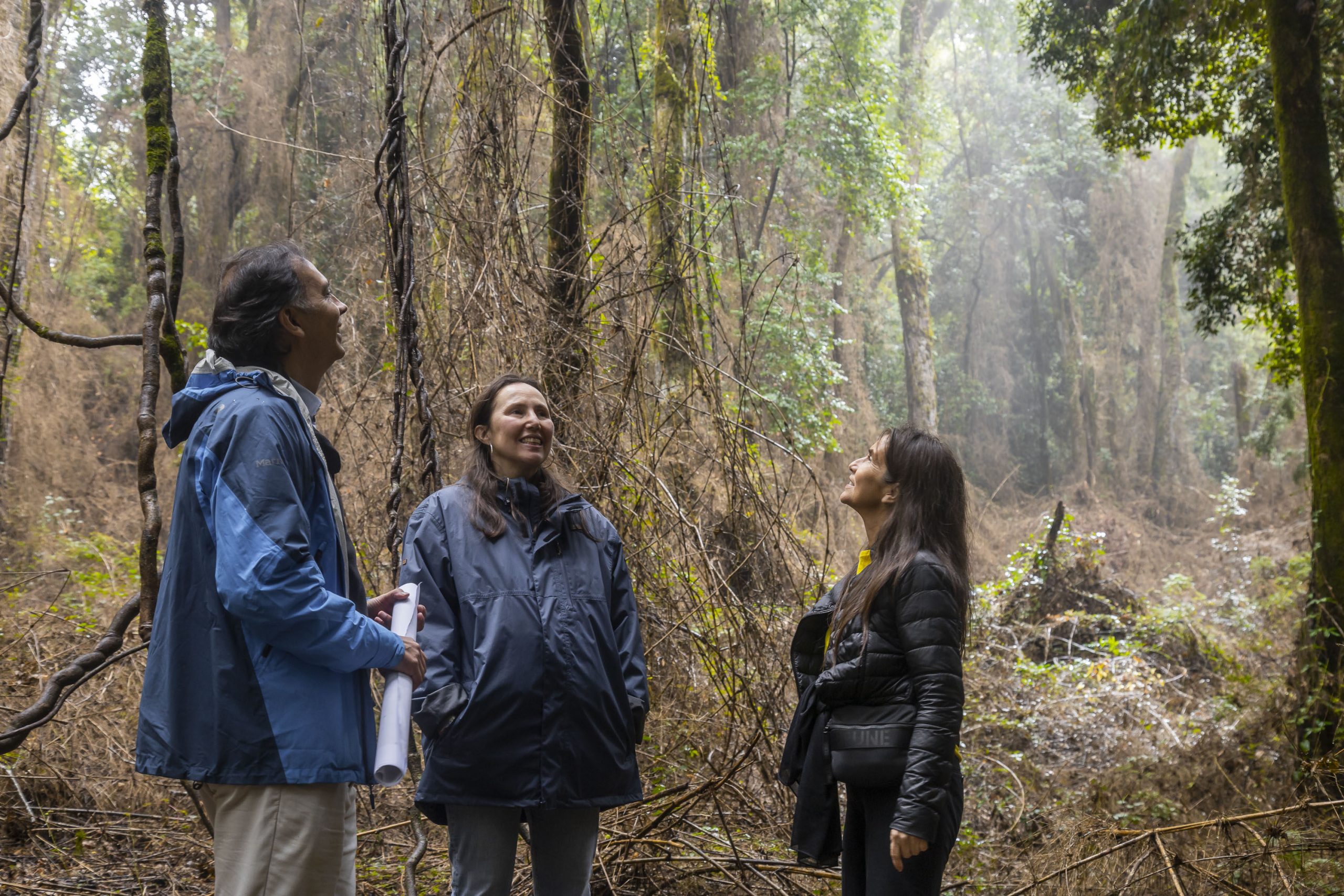
Camila Iturra, Senior Donor Programme Manager de Fauna & Flora,
The story of Fauna and Flora International (FFI), an English NGO dedicated to nature conservation, has ancient roots, originally beginning with goals diametrically opposed to its current mission: animal hunting. "British aristocrats, concerned about the lack of animals to hunt in South Africa, decided to create a group for this purpose. However, over time, a national park was established (Kruger National Park), and the organization shifted its focus towards wildlife conservation."
Camila Iturra, Senior Donor Programme Manager at Fauna & Flora International, describes the organization's beginnings as the most established institution internationally in this field. Its mission is to create a sustainable future for the planet, where biodiversity is conserved by the people living closest to it.
The Chilean professional, who has spent most of her life in England, visited Concepción to learn about the Campus Naturaleza project and share her global perspective on conservation with students from the Faculty of Forestry Sciences at the University of Concepción.
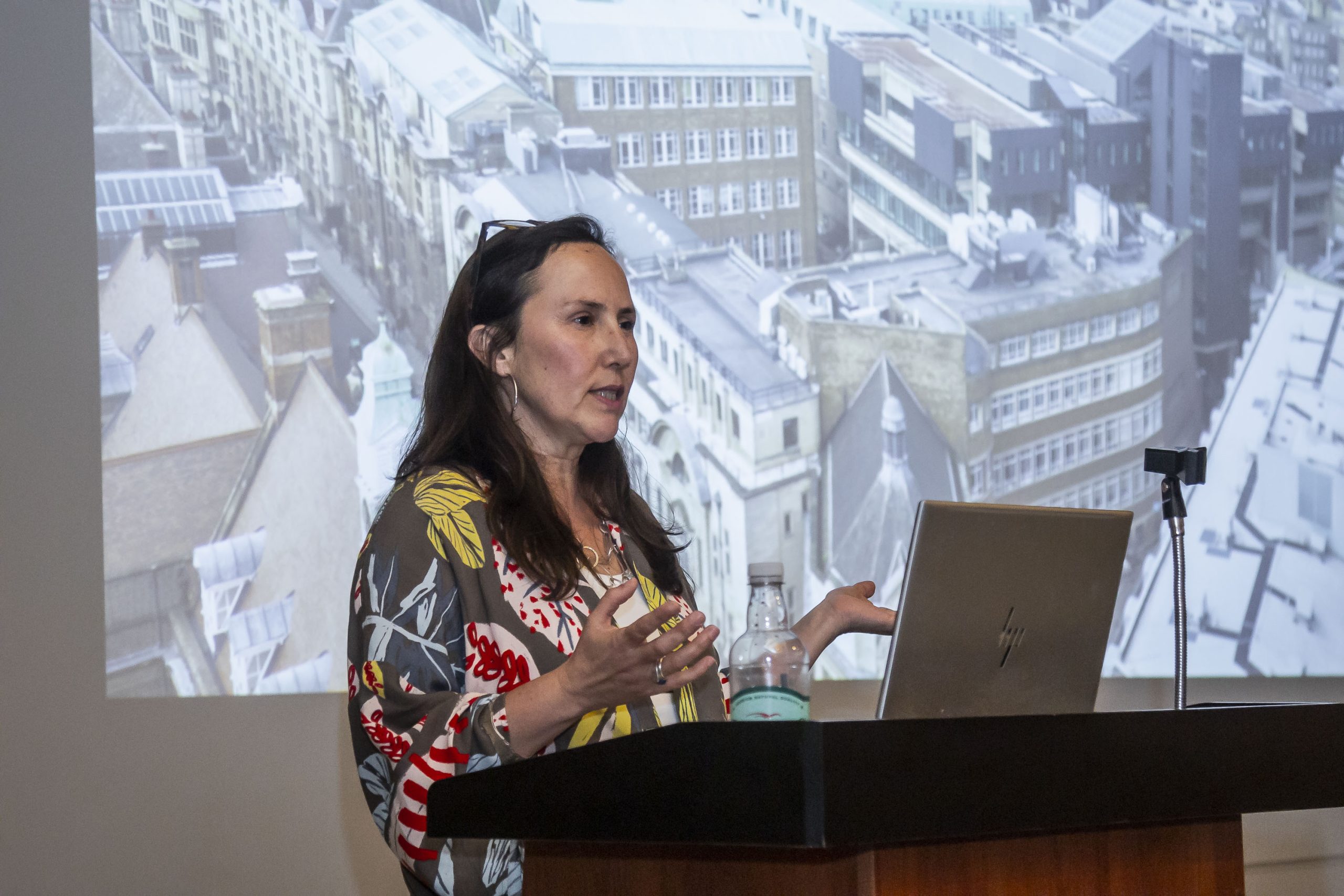
"It takes quite a bit of time to talk to people and build trust," comments Iturra, regarding the work of Fauna & Flora International, which is closely linked to communities near project sites. "There are always challenges, but they can be resolved over time. Each project works, but it's common to encounter setbacks. Not everyone near the projects agrees, because they think it's done to make money. So, it's difficult to explain why we actually do this, what the objectives are, and that we are not there to make money or do business," she explains.
Over time, have you observed a paradigm shift at the global level concerning the conservation of fauna and flora?
Yes, I have worked for 24 years at the institution, and the perspective has changed significantly regarding the importance of environmental conservation. In the last 10 years, the climate crisis and incidents like fires, among others, directly affect people every day. People want to know who has the solution and are increasingly understanding that we need to undertake projects to conserve nature, as this will help address these problems.
While we have worked on various successful conservation initiatives worldwide for a long time, I highlight what happened in Belize. There, a local community of Maya indigenous people came to us seeking assistance to conserve a nearby forest.
They wanted to cut down those trees for real estate and business purposes. So, 25 years ago, Fauna & Flora started working with them, and today, it's a forest that has grown significantly. This is an example of how a group of 30 people not only managed to conserve a forest but also allowed it to flourish. Today, they have even purchased a part of that forest, and it's a beautiful place where they have managed to conserve endangered species in a project that serves as an example of sustainability, working closely with the local community.
Similarly, in the town of Cairú on the Atlantic coast of Brazil, something very similar happened with successful work with the local community, and these initiatives are repeated in Africa, Central Asia, and other places around the world.
In this regard, is there any pressure on the scientific community to develop conservation projects worldwide?
Personally, I don't feel there's more pressure because we are already prepared, and we know what we want to do. What is needed is support from governments, the business world, and various actors in the international community. Their collaboration is crucial, considering the global commitments made by different countries.
An example is Campus Naturaleza, where scientific efforts are driving a project aimed at forest restoration and conservation, seeking support from the university.
I believe it's a privilege for the city to have such a close natural environment. Therefore, I think Campus Naturaleza will become a focal point, attracting more attention from individuals and organizations over time.

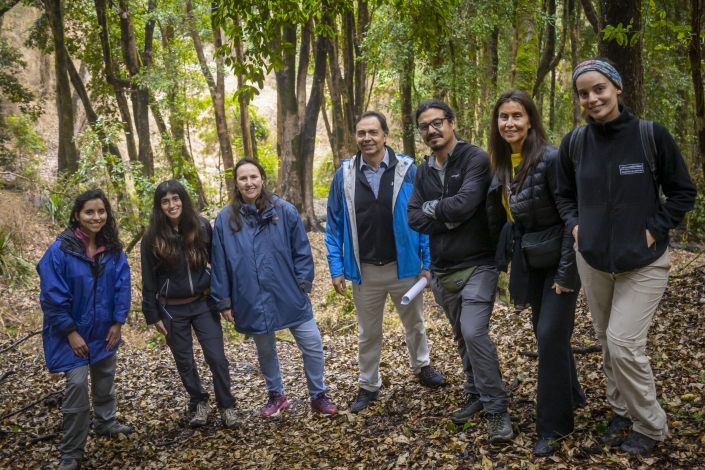
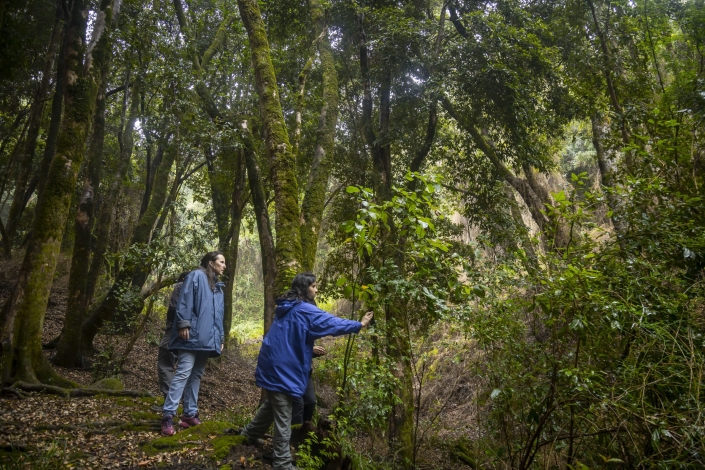
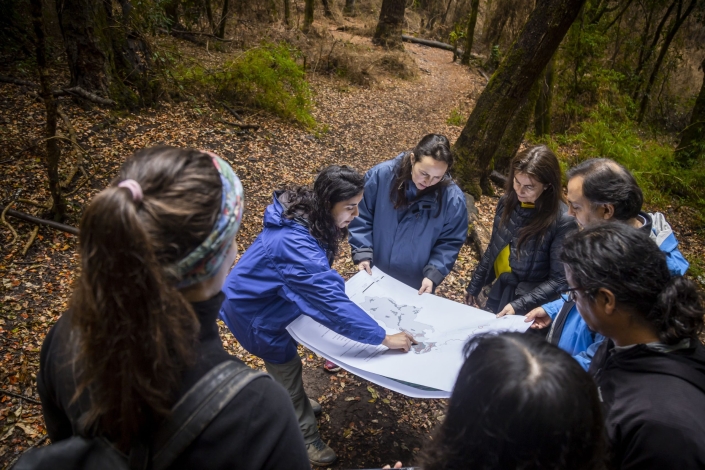
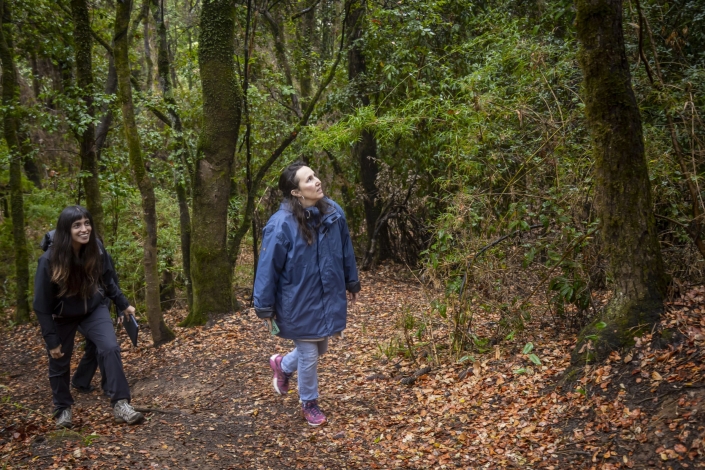
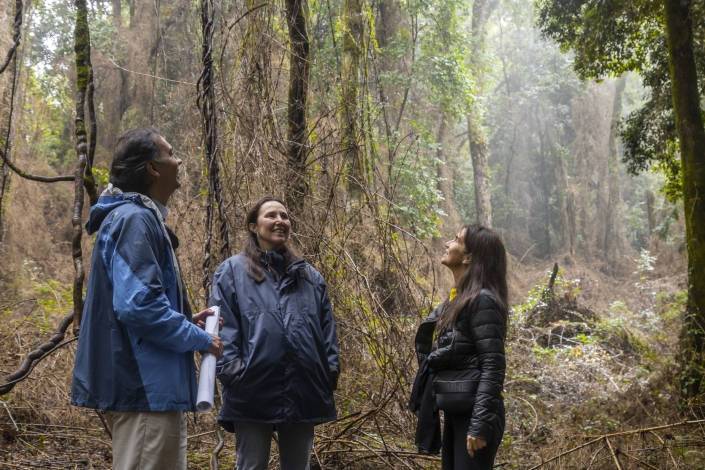
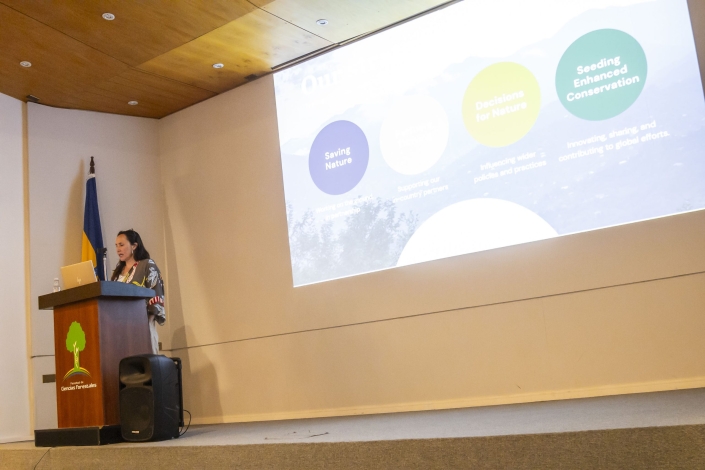
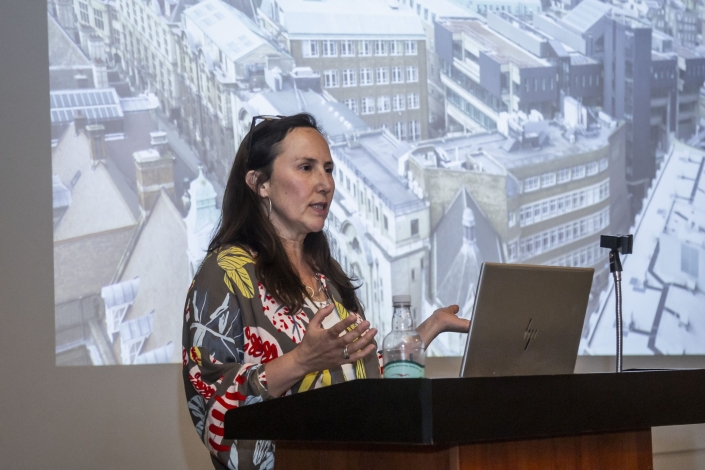


Leave a Reply
Want to join the discussion?Feel free to contribute!